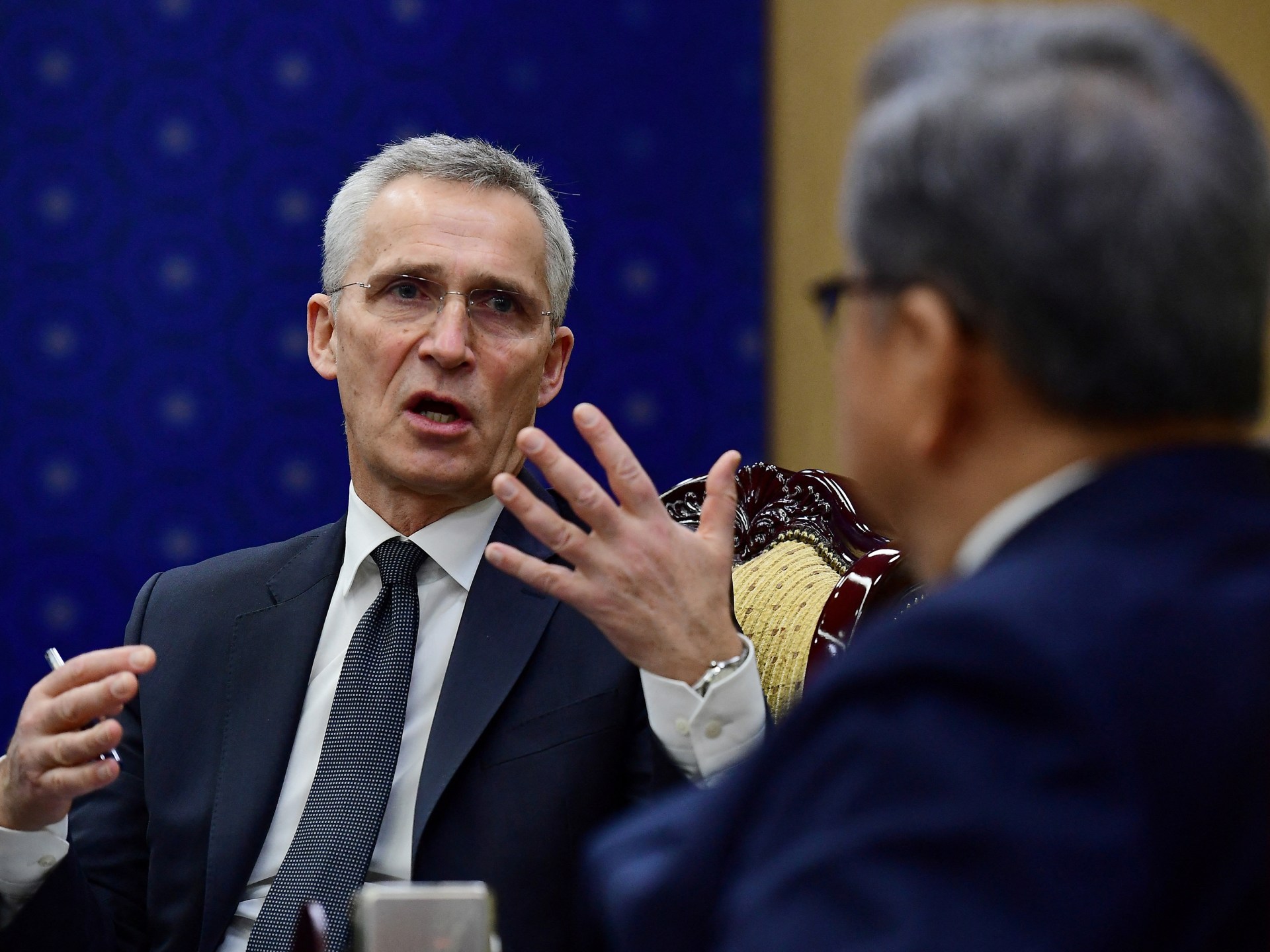Secretary General of the North Atlantic Treaty Organization (NATO) Jens Stoltenberg arrived in Seoul at the start of a tour aimed at strengthening the alliance's relations with South Korea and Japan in the face of the war on Ukraine and growing competition with China.
Stoltenberg is scheduled to meet in Seoul with Foreign Minister Park Jin and National Defense Minister Lee Sung-sup and other senior officials, the alliance said in a statement.
Stoltenberg will fly to Tokyo on Monday, where he is scheduled to meet Prime Minister Fumio Kishida and other Japanese officials.
Stoltenberg said - in an interview with South Korea's Yonhap News Agency - that he strongly believes in the need to strengthen "the partnership between Korea and NATO, because security becomes more and more intertwined."
Stoltenberg emphasized NATO's pursuit of closer cooperation with partner countries in the Indo-Pacific region, and highlighted the threats posed by China, a country the alliance first described as a "security challenge" in its main strategic document last year.
The NATO chief's Asian tour is expected to attract particular interest in China, where Beijing appears wary of NATO's deep regional involvement beyond its extra-Atlantic sphere of influence, amid escalating US-Chinese rivalry.
In his meeting with Yonhap, Stoltenberg indicated that "global threats and challenges, including those emanating from China, must be addressed, and one way to do that is, of course, to work more closely with partners in the region."
On the other hand, Stoltenberg described North Korea as a "global security threat," referring to reports of North Korea's support for Russia in its war against Ukraine.
"We saw how the volunteer group (meaning Wagner) - which plays a major role in the Russian war of aggression - received missiles from North Korea," he said.
He stressed that "North Korea poses a threat to the entire region, and also poses a threat to global security."
Washington had accused North Korea of handing over a shipment of weapons to the Russian military company Wagner for use in the war against Ukraine, a charge Pyongyang denied.

